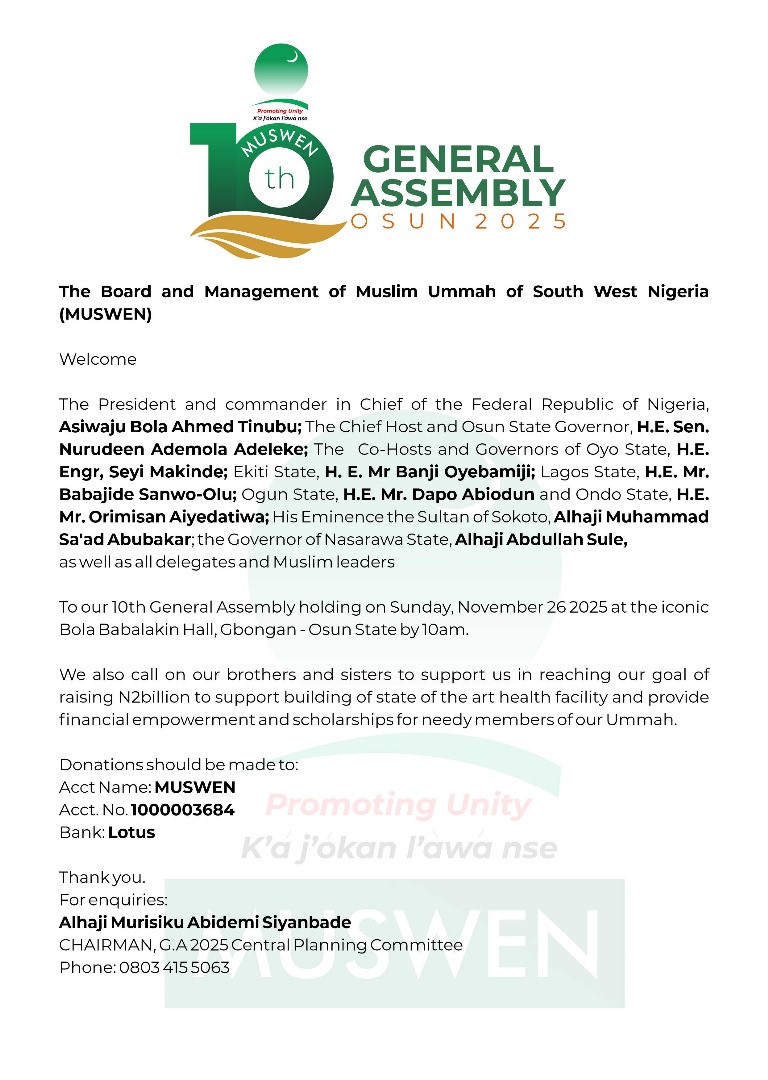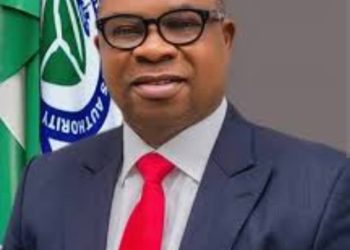
A Lagos-based law firm, A.O.S. Practice, has dragged the Nigeria Deposit Insurance Corporation (NDIC) before a Federal High Court in Lagos over an alleged refusal to pay ₦2.93 billion in legal fees arising from services rendered to the now-defunct Heritage Bank Plc.
In the suit, the firm is asking the court to grant an interlocutory injunction restraining the NDIC — the appointed liquidator of Heritage Bank — from demanding or retrieving files and documents relating to delinquent loan portfolios the law firm was engaged to recover, pending the determination of the substantive case.
The plaintiff, through its counsel Chief Ajibola Aribisala, SAN, alongside Adebayo Olaleye and A.A. Aribisala (Jr), is also seeking to stop the NDIC or its agents from taking any action that could interfere with its custody of those files or undermine the enforcement of a previous judgment in its favour.
According to an affidavit deposed to by the firm’s litigation manager, Barrister Akintomide Oyewole, the dispute traces back to 2015, when A.O.S. Practice was appointed by Heritage Bank to provide legal recovery services under a Legal Services Agreement dated October 7, 2015.
However, the firm alleges that the bank, acting on directives from the Central Bank of Nigeria (CBN), prematurely terminated the agreement, breaching its contractual and fiduciary obligations. Dissatisfied, A.O.S. Practice filed a suit in May 2023, seeking damages of ₦1.78 billion and $751,820.89 for breach of contract.
In a judgment delivered on February 20, 2024, the Federal High Court ruled in favour of the firm, awarding a total judgment sum of ₦2.93 billion (inclusive of the naira and dollar components).
Heritage Bank subsequently applied for a stay of execution, but in a ruling delivered on May 24, 2024, the court only granted a conditional stay—ordering the bank to deposit the judgment sum into an interest-yielding account managed by the Chief Registrar of the Court. The firm claimed the bank ignored this directive.
Following the revocation of Heritage Bank’s license by the CBN on June 3, 2024, the NDIC was appointed liquidator, inheriting the bank’s assets and liabilities. Yet, A.O.S. Practice contends that the NDIC has failed to honour the court judgment and has instead begun the process of selling off the bank’s assets without settling the outstanding judgment debt.
The law firm argues that unless the court intervenes, the NDIC’s actions could render it impossible for the firm to “reap the fruit of its judgment.”
However, in a preliminary objection and counter-affidavit, NDIC’s counsel, Chief Emeka Ngige, SAN, maintained that the corporation, as liquidator, did not inherit Heritage Bank’s liabilities and is statutorily mandated only to recover and realize the assets of failed banks to pay depositors and other verified creditors.
Ngige argued that by law, the NDIC and banks under liquidation are shielded from execution of court judgments connected to liquidation-related claims.
Responding, Chief Aribisala, SAN, countered that under Section 588(1)(a) of the Companies and Allied Matters Act (CAMA) 2020, the NDIC, upon appointment as liquidator, assumes all rights and liabilities of the defunct bank. He added that Section 588(d) empowers a liquidator to settle creditors in full, insisting that the previous judgments of February 20 and May 24, 2024, remain valid and binding.
After hearing arguments from both sides, the court reserved judgment to a date that will be communicated to the parties.





























